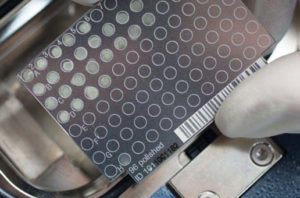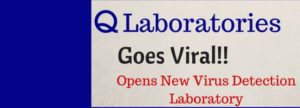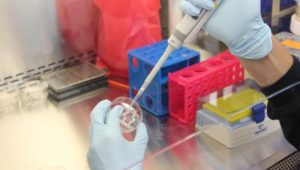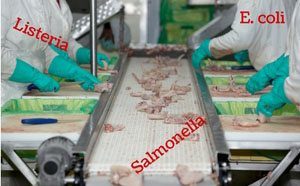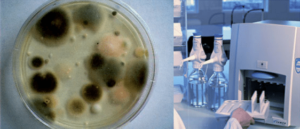
FDA Proposes FSMA Lab Accreditation Program
Title II, Section 202 of the Food Safety Modernization Act (FSMA), signed into law in January 2011, instructed the Food and Drug Administration (FDA) to establish a program for the testing of food by accredited laboratories. FSMA stipulated that accredited labs must possess “a demonstrated capability to conduct one or more sampling and analytical testing





